
There’s an unfortunate reality to being an angler. The problem is, you never stop being an angler, but there are definitely times when the angling stops. For many of us across the country, winter rolls in and things slow down for a while, leaving us with plenty of blank walls to stare at and free time on our hands (or, at least time not fishing). It can be tough.
At Moonshine, we can empathize with the best of ‘em. Throughout the year, we get to travel to incredible places (we hit Idaho, Wyoming, Arkansas, Louisiana, and Colorado this year alone), but all good things must come to an end and we’ve packed things up for a bit. But, we don’t necessarily think that’s a bad thing. Some time off of the water offers up new opportunities, freeing up time to become a more well-rounded fly angler and mix things up a bit, and that’s what we’re talking about today.
If winter is a four-letter word for you, then keep on reading. It may not be as grim as you think.
You Could Always Fish.
This one is pretty obvious, but it’s worth mentioning. Just because winter is here doesn’t mean that the fish packed their bags and went down to Mexico—at least, not all of them. Even if you live in higher altitudes, there’s still fishing to be had. You just may need to adjust a few things. First start by reading our article, about the fundamentals of wintertime fishing, and you’ll be well on your way. Or, simply learn how to get your fly deeper, which is always a great place to start when the weather gets cold.
Or, if you’re lucky enough to live in a state known for incredible wintertime fishing, you may not even need to worry about changing up your game. You could even think about mixing up your target and go for something different, that’s a little more accessible when the celsius drops. The point is, if you’re someone who simply can’t turn off the fishy side of your brain, not all is lost. Even if things are a little slower, at least you’ll be spending winter on the water.
Scout Out New Locations.
Probably our first choice for wintertime activities is scouting out new fishing locations. During fishing season, it can be difficult to take a risk and spend time looking for new areas. Why would you leave some of your favorite honey holes to roll the dice on the unknown? Well, when winter rolls around, that decision becomes a little bit easier because, chances are, the fishing isn’t going to be great anyways. Take some time to pour over maps, look for little blue lines, and then hit the trail to seek out new locations that could offer up monsters when the ice melts come spring. If you need a few tips, be sure to check out our guide to scouting new locations.
Tie, Tie, Tie.
The old standby for anglers with cabin fever is tying, which makes sense. It’s productive, takes (a lot) of your time, and at least you’re operating within the realm of fly fishing, even if you’re not actually catching fish. Start by collecting some materials, setting up your tying station, and look up some patterns that you can actually use for the species you target. A while back, we chatted with famed fly tyer Tim Cammisa about some of his favorite patterns for tying in the winter, if you’re looking for much-needed inspiration.
Plan the Big One.
If it’s winter in reality, it can always be summer in your mind. A little bit of daydreaming goes a long way, and there’s no better way to head off into a fishier world than planning a big trip for 2023. This is great for a few reasons. First, it can get your mind focused on fishing, even when there’s none to be had. And, second, it’s a lot of work to plan a big fishing trip, so you may as well start now. If you’re looking to go with an iconic destination, be sure to check out our guide to fishing the South Fork of the Snake River. Or, if you want to go off the beaten path, we have some helpful tips for planning a backcountry fly fishing trip.

Expand Your Horizons.
To us, nothing will make you a better fly angler than taking a step back and soaking up everything the outdoors has to offer. You could start by learning a little bit about entomology, which is key to understanding how fish feed. Or, you could even go further. For example, you could take up hunting and start to learn about animal behaviors and how they shift throughout the season—plus, many upland and waterfowl species can provide killer fly-tying materials. Or, simply start learning about how rivers work and etch out pathways through the landscape. Better yet, why not learn about some of the conservation challenges we’re currently facing, so you can do your part to improve our world and waters? The point is, everything you can do to learn about the outdoors will make you a better angler in surprising ways.
Organize That Gear.
We know, we know, organizing your fly gear isn’t the sexiest choice for a wintertime activity. But, when fishing season does roll around, you’re going to thank yourself when you can actually find what you’re looking for and, better yet, when it’s actually in good condition. We wrote an article about caring for your fly rod, which is a good start, but you could also start picking up containers and organizational tools for your flies, tippet, lines, and more. Don’t forget to clean your reels and fly lines, particularly if you’re a saltwater angler, and start looking at what gear or accessories you may need to pick up for the upcoming season.
Hone Your Skills.
Much like scouting, it can be difficult to take the time to improve your skills when the season is hot. If you can technically get the fly in the water, why would you spend time away from the water to get better? The answer may be obvious, but that doesn’t mean it’s easy. Well, when winter is here, there’s no better time to improve yourself. You may be surprised to see how many gains you can make in just a few weeks. We’ve got no shortage of helpful articles on the Moonshine Journal about being a better angler, like mending your fly line, tips on euronymphing, fishing small streams, how to tie essential knots, reading tides, and correcting common fly-casting problems. It’s easy to limp along with average fishing skills, but once you take the time to up your game a bit, that’s when you’ll enter the upper echelon of angling.
You Could Always Not Fish.
Call us crazy, but letting go for a little bit can be one of the best things you can do during the off season. For fly anglers, warmer months aren’t only filled with fish in the net. They’re also generally filled with early mornings, long days, twisted ankles, potentially annoyed spouses, frustration, and substantial gas bills. In other words, give yourself a break. As they say, absence makes the heart grow fonder, and by stepping away from the world of fly fishing, you’ll probably be even more ready for the season when it rolls around. Hang out with the family. Go for a jog. Take up knitting. Whatever you choose to do, do something, and fishing season will be here before you know it.

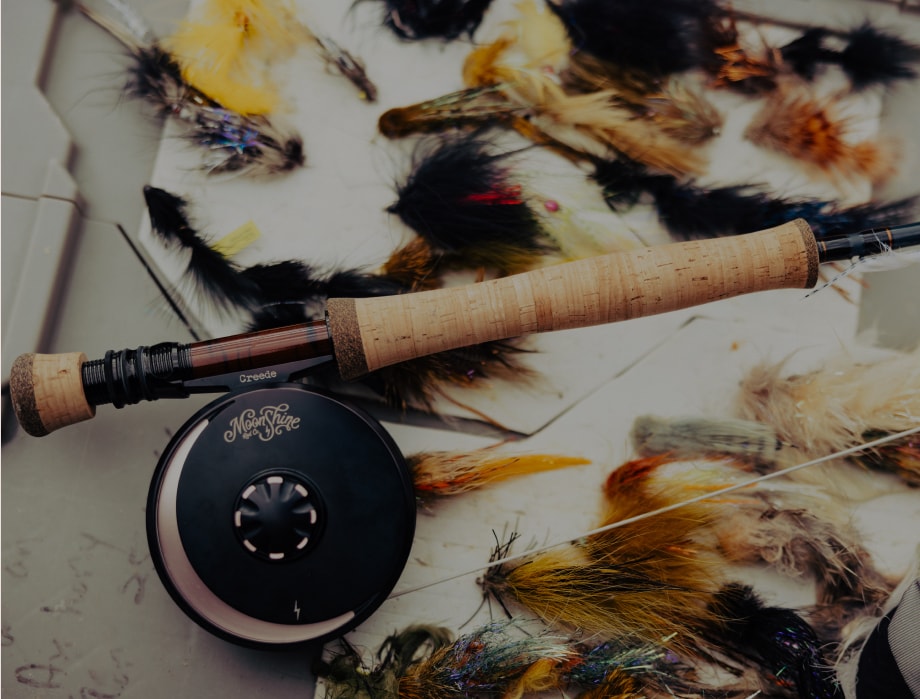
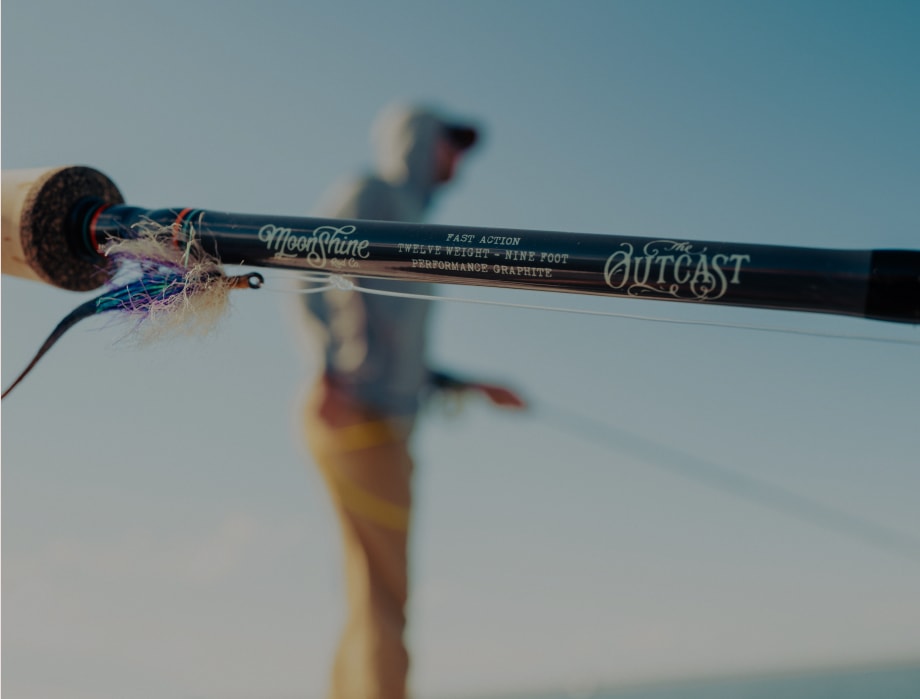
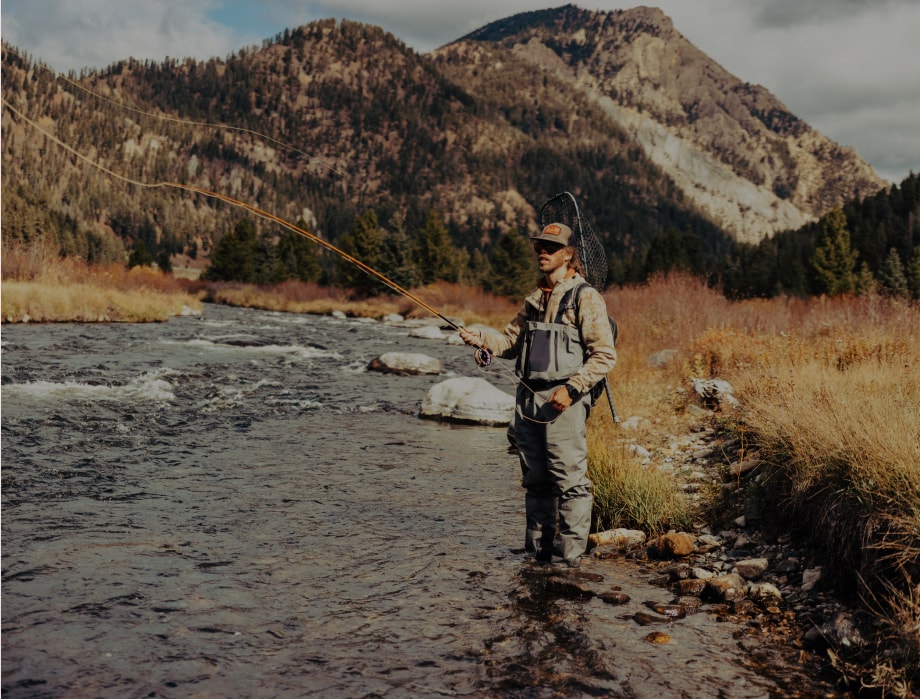
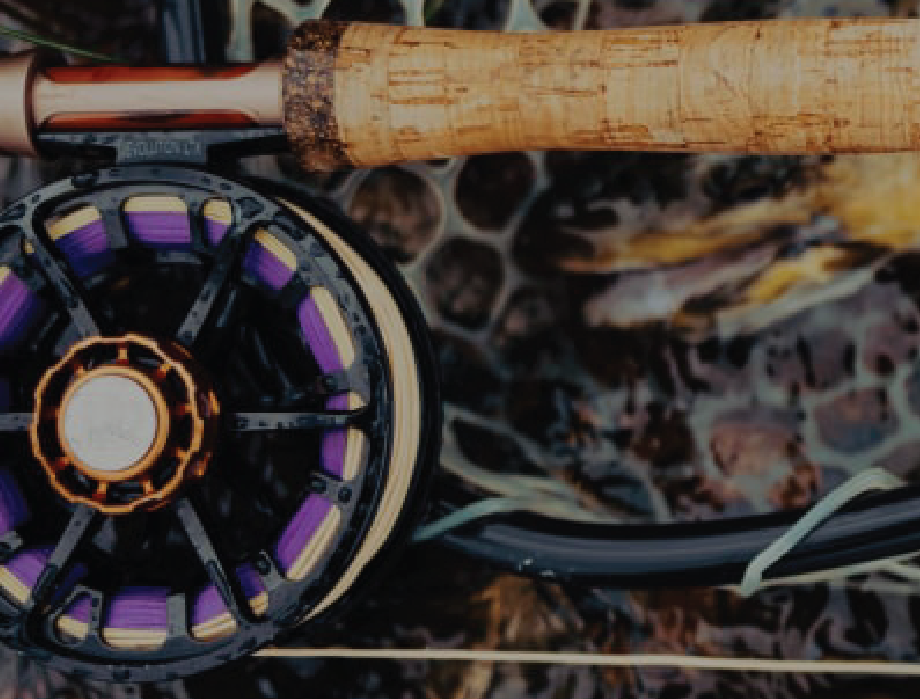
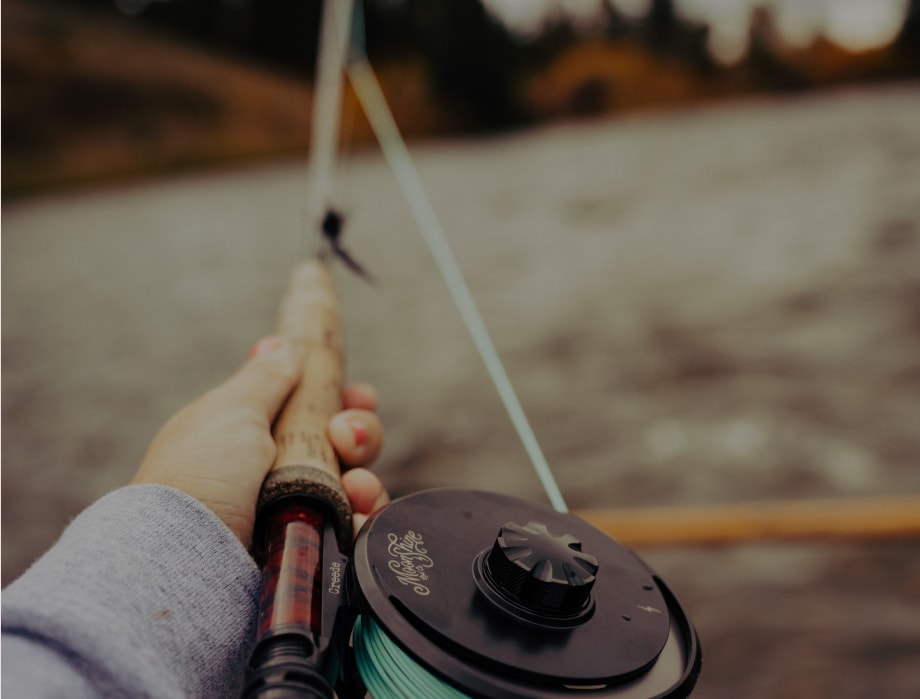

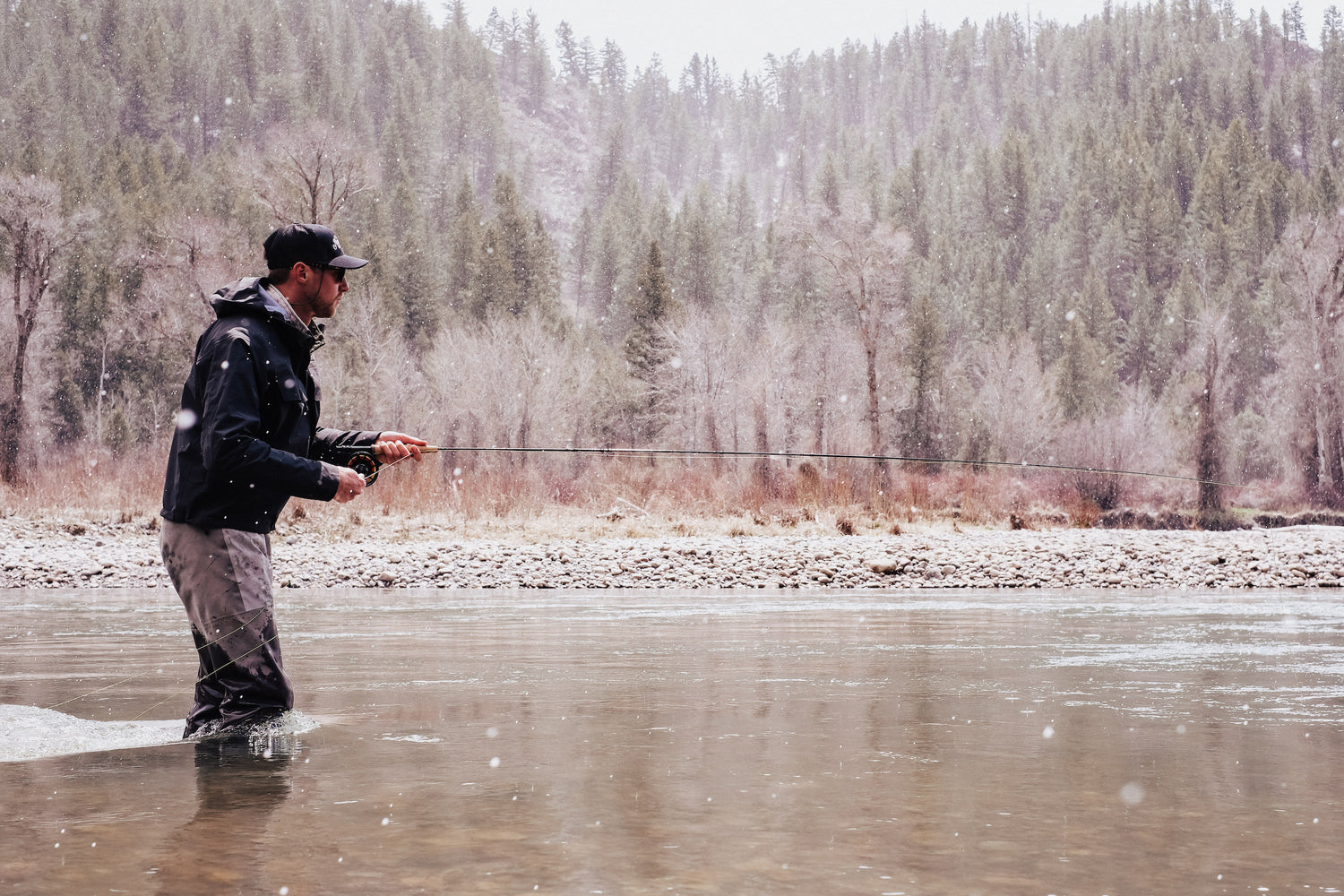
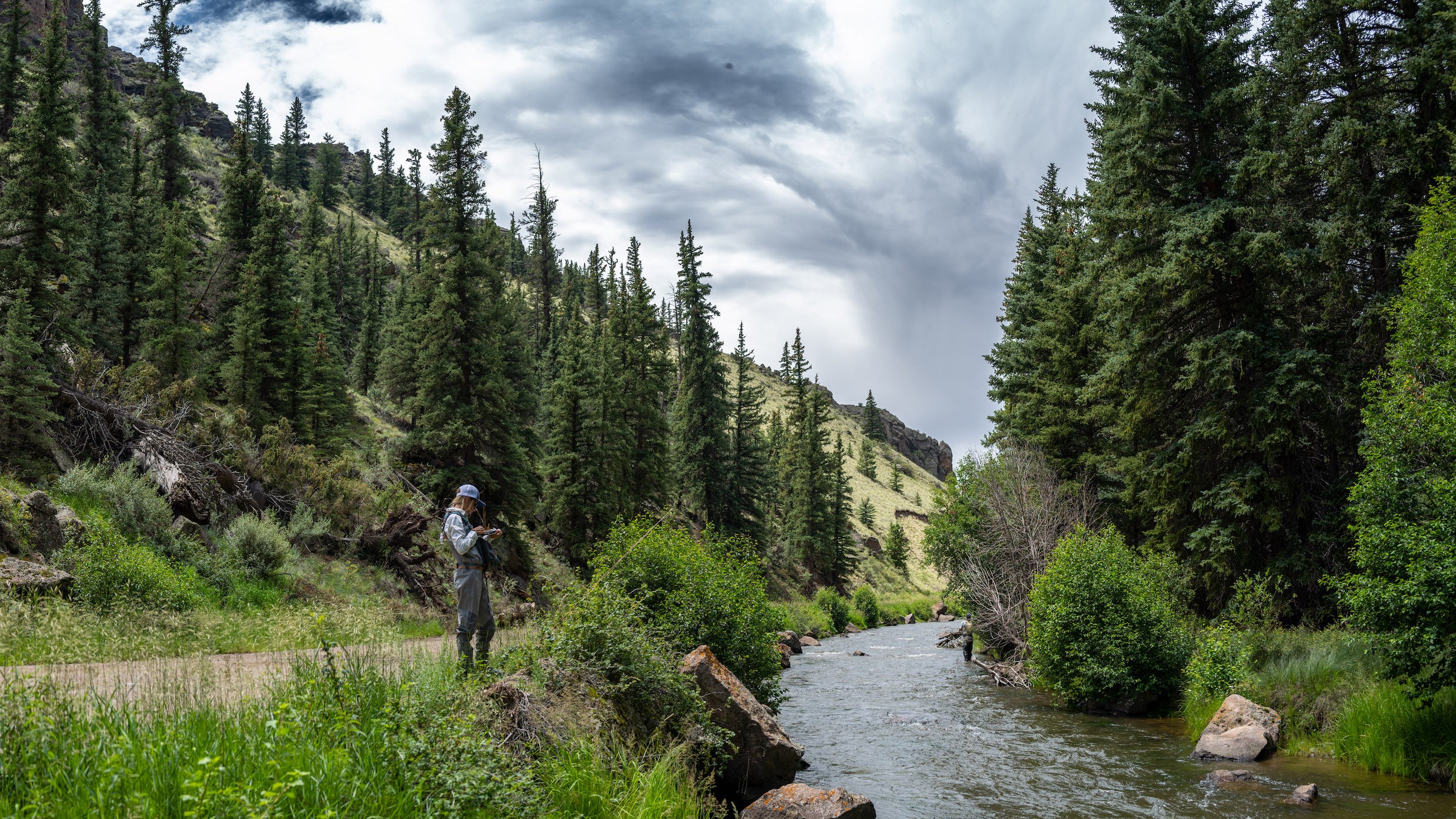

1 comment
Ken Petty
Great article. Thanks.
Leave a comment
All comments are moderated before being published.
This site is protected by hCaptcha and the hCaptcha Privacy Policy and Terms of Service apply.